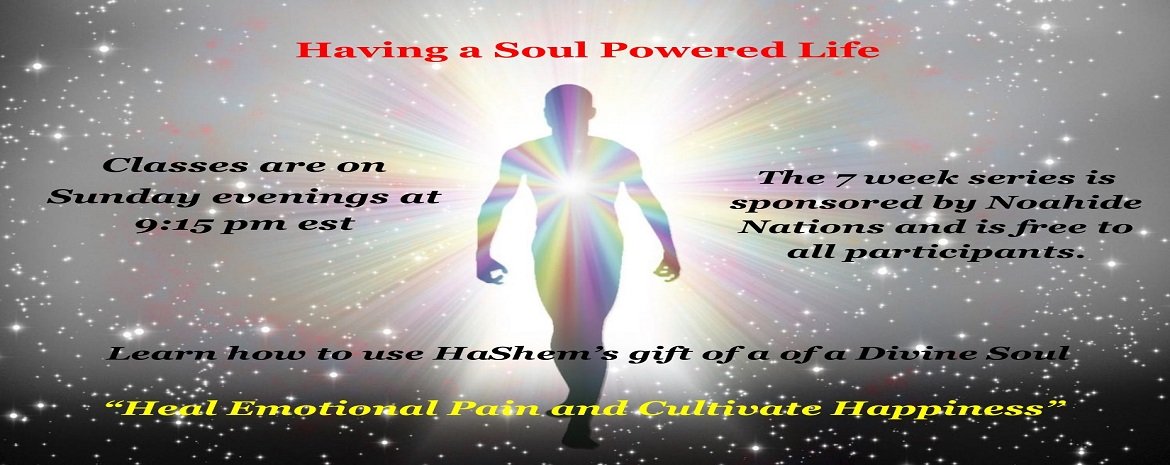CAN YOU FEEL TZEDAKAH?
- Category: TREASURE CHEST OF TORAH WISDOM
- Hits: 6980

Dennis Prager suggested a hypothetical case, which has since been presented to several thousand Jewish and non Jewish high school students:
Suppose two people who have the exact same earnings and expenses are approached by a poor man in desperate need of food and money for his family. The first person, after listening to the man's horrible experiences, cries and then out of the goodness of his heart gives him five dollars. The second person, although concerned, does not cry, and in fact has to rush away. But because his religion commands him to give 10 percent of his income to charity, he gives the poor person a hundred dollars. Who did the better thing, the person who gave five dollars from his heart, or the one who gave a hundred dollars because his religion commanded it? We discovered that 70 percent to 90 percent of the teenagers we questioned asserted that the person who gave the five dollars from his heart did the better deed.
This response suggests that in secular society, even charity is becoming a somewhat selfish act. Many people care less about the good their money is doing than about how they feel giving it. When we asked these same students who they would think had done the better deed if they were the ones who needed the money, many of them were brought up short. I think Dennis Prager has expressed the issue very well: "Judaism would love you to give 10 percent of your income each year from your heart. It suspects, however, that in a large majority of cases, were we to wait for people's hearts to prompt them to give a tenth of their money away, we would be waiting a very long time. Ergo, Judaism says, Give ten percent-and if your heart catches up, terrific. In the meantime, good has been done."


 French (FR)
French (FR)  English (UK)
English (UK) 




